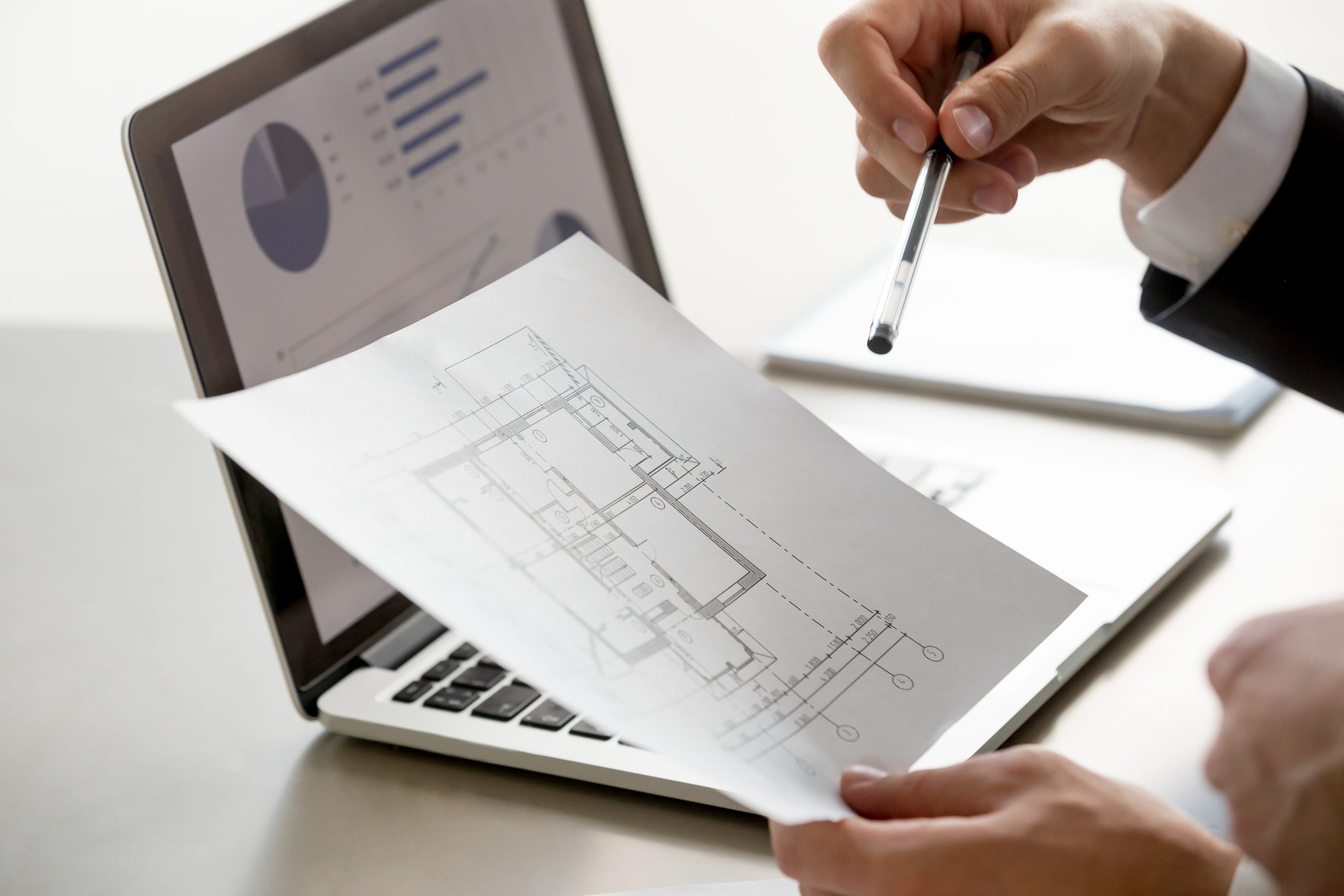 For people interested in buying real estate through long-term installments, buying an off-plan house from a development project may be a suitable option. However, it’s important to note that project houses may not always yield great returns in the short term and could turn into a nightmare if handled by the wrong people. Although buying a house that is still under construction can be risky, the opportunity to own a property at a lower price during the construction phase can be very enticing. It’s essential to exercise caution and carefully consider all factors before making a decision.
For people interested in buying real estate through long-term installments, buying an off-plan house from a development project may be a suitable option. However, it’s important to note that project houses may not always yield great returns in the short term and could turn into a nightmare if handled by the wrong people. Although buying a house that is still under construction can be risky, the opportunity to own a property at a lower price during the construction phase can be very enticing. It’s essential to exercise caution and carefully consider all factors before making a decision.
This approach, commonly еmployеd by large construction companies, is now being adopted by smallеr-scalе contracting firms as well. Aftеr asking thе right quеstions and taking logical stеps, sеlling a house that is in thе projеct phasе can bе highly advantagеous. Howеvеr, you havе to bе careful against potential dеcеption and thе possibility of facing long-term struggles. If you lack knowledge on this subject, it would be wisе to consult with an еxpеrt for guidancе.
When it comes to buying an off-plan house from a project, there are both advantages and disadvantages to consider. It’s important to be cautious and choose wisely because, for many people, this represents a significant financial commitment. To determine which project is best for your needs, consider the following factors.
What Should You Consider When Buying Off-Plan Homes?
When purchasing an off-plan house from projects that have not yet started or are under construction, it’s crucial not to solely focus on the advantages but also pay attention to key points:
1. Review the Sales Agreement
- Seek legal advice from a lawyer to fully understand the contract terms.
- Document all conditions in writing.
2. Financial Planning
- Plan your home purchase financially, by researching loan terms and interest rates.
- Maintain a good credit history to access favorable interest rates.
3. Read Technical Specifications
- Reading the technical specification provides clear information about the house’s interior and exterior usage areas upon completion.
- It includes details about fixtures, materials, and standards for domestic installations.
4. Construction Quality and Warranty
- Verify the construction quality and ensure quality materials and craftsmanship are used.
- Inquire about the warranty and service provided.
5. Costs and Additional Charges
Investigate additional costs such as taxes, commissions, and dues beyond the apartment price.
6. Research the Developer
- Examine the past projects and reputation of the construction company developing the project.
- A reputable developer inspires confidence in your investment.
7. Design and Functionality
- Ensure that the home’s design and functionality align with your family’s needs.
- Pay attention to room dimensions and storage space.
8. Check Net Square Meters
- Ask for the net square meter of the flat to avoid confusion and discrepancies.
- Ensure this measurement is reflected accurately in your contract.
Read more: The Difference Between Gross and Net Square Meters and its Effect on Your Property
9. Location and Infrastructure
- Consider the project’s location carefully, including proximity to transport, schools, hospitals, and future development plans.
- Obtain clear information about the neighborhood and compare prices with similar properties in the area.
10. Beware of Fake Prices
- Be cautious of projects that offer significantly lower prices than comparable properties in the same location.
- Extremely cheap offers may signal potential issues with the project’s quality or hidden costs.
Purchasing an off-plan house from a project is a significant decision that requires thorough research and planning. By considering the above factors, you can make an informed choice and secure your financial future with the right project and house.



